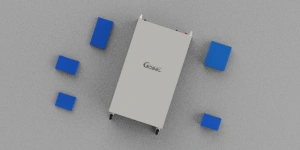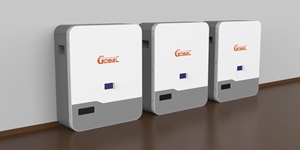Soldering: The Vital Process of Joining Metal Components
Soldering is a crucial process in various industries, especially in the manufacturing of electronic devices, mechanical components, and other metal-based products. This technique involves joining two metal components together using a filler material, known as solder, which melts at a relatively low temperature. The resulting bond is strong, durable, and reliable, making soldering an essential step in the production process.
There are several benefits of soldering, including its ability to join dissimilar metals, create strong and resistant bonds, and reduce the risk of mechanical failure. Additionally, soldering is a cost-effective and efficient method, allowing for the rapid assembly of complex components. The process is also environmentally friendly, as it eliminates the need for welding or other methods that generate harmful fumes and emissions.
In the world of electronics, soldering is a vital process for the manufacturing of printed circuit boards (PCBs), integrated circuits, and other electronic devices. In mechanical engineering, soldering is used to join metal components, such as pipes, tubes, and fittings, in industries like plumbing, HVAC, and agriculture.
For individuals and professionals alike, soldering requires a combination of technical knowledge, skill, and patience. There are various soldering techniques, including reflow soldering, wave soldering, and hand soldering, each with its own unique applications and benefits.
In conclusion, soldering is a fundamental process that plays a vital role in the manufacturing and assembly of metal components, electronic devices, and other products. Its numerous benefits, including cost-effectiveness, efficiency, and environmental compatibility, make it an essential step in various industries. With the right technical knowledge and skills, anyone can master the art of soldering and excel in their profession.

 Europe Warehouse
Europe Warehouse

















